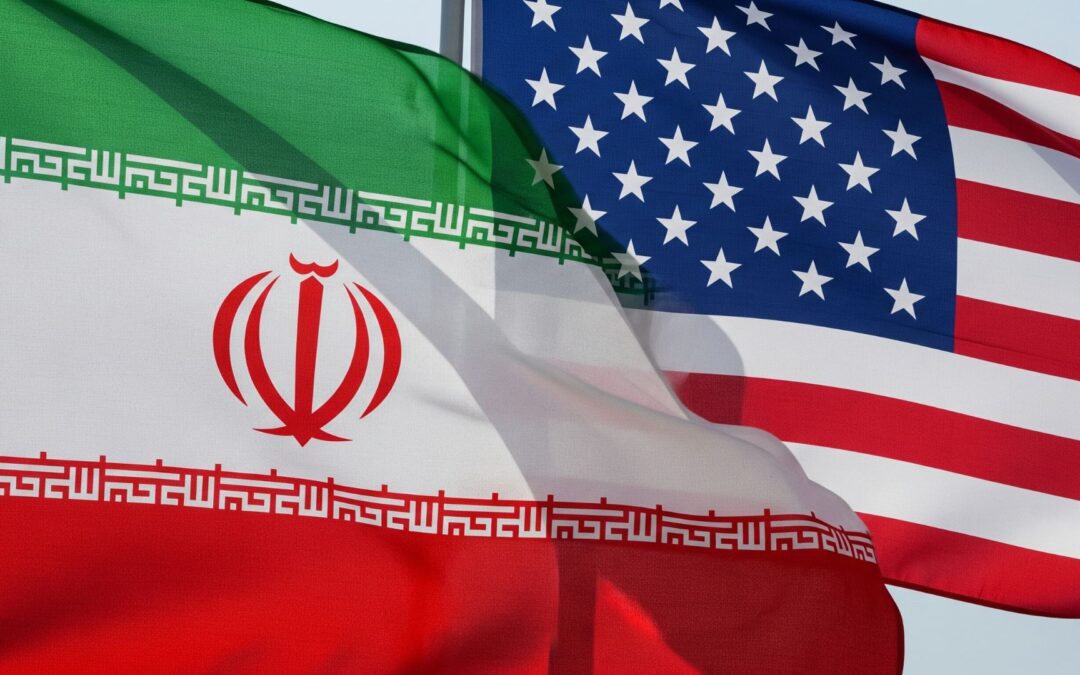

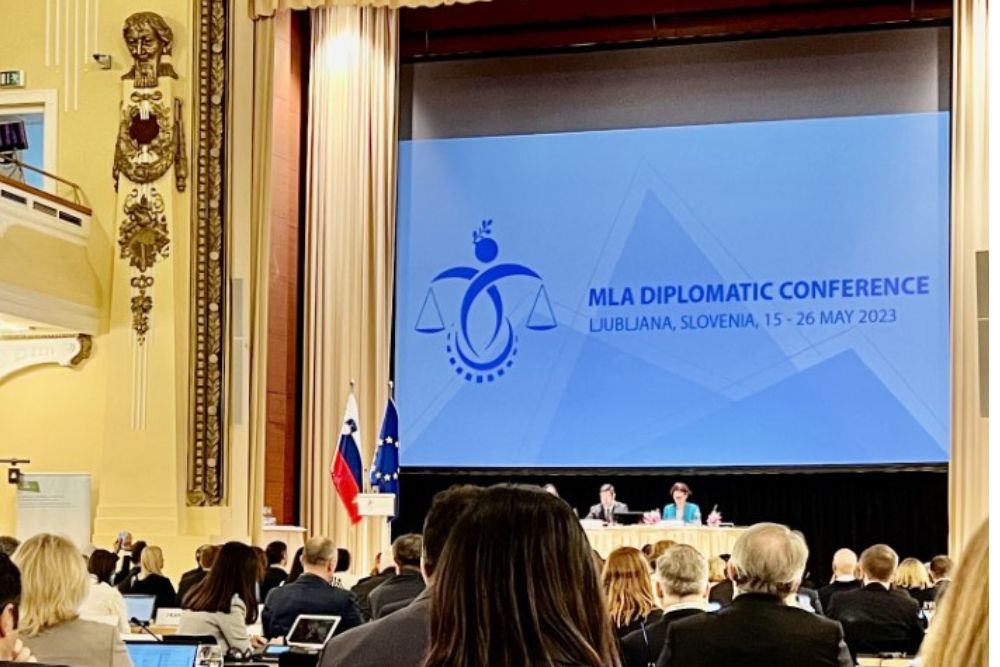
Adoption of Milestone Treaty on International Cooperation Set to Advance the Fight against Impunity
The International Commission of Jurists (ICJ) has welcomed the adoption of the Ljubljana-The Hague Convention on International Cooperation in the Investigation and Prosecution of Genocide, Crimes Against Humanity, War Crimes And Other International Crimes (MLAT), on 26 May in Ljubljana Slovenia.
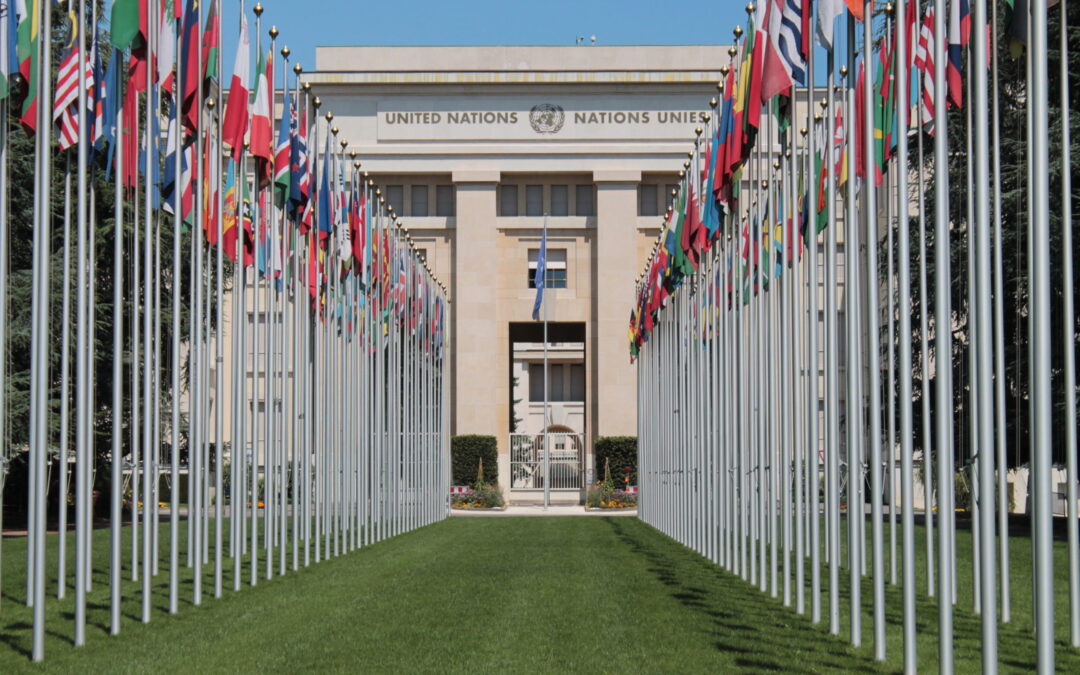
UN: ICJ calls for accountability for human rights violations in Russia, Kazakhstan, Egypt and Kashmir
The ICJ today alerted the UN Human Rights Council, during a general debate, on the situation of serious human rights violations in the Russian Federation, Kazakhstan, Egypt and Jammu and Kashmir and called on it to work towards ensuring accountability.
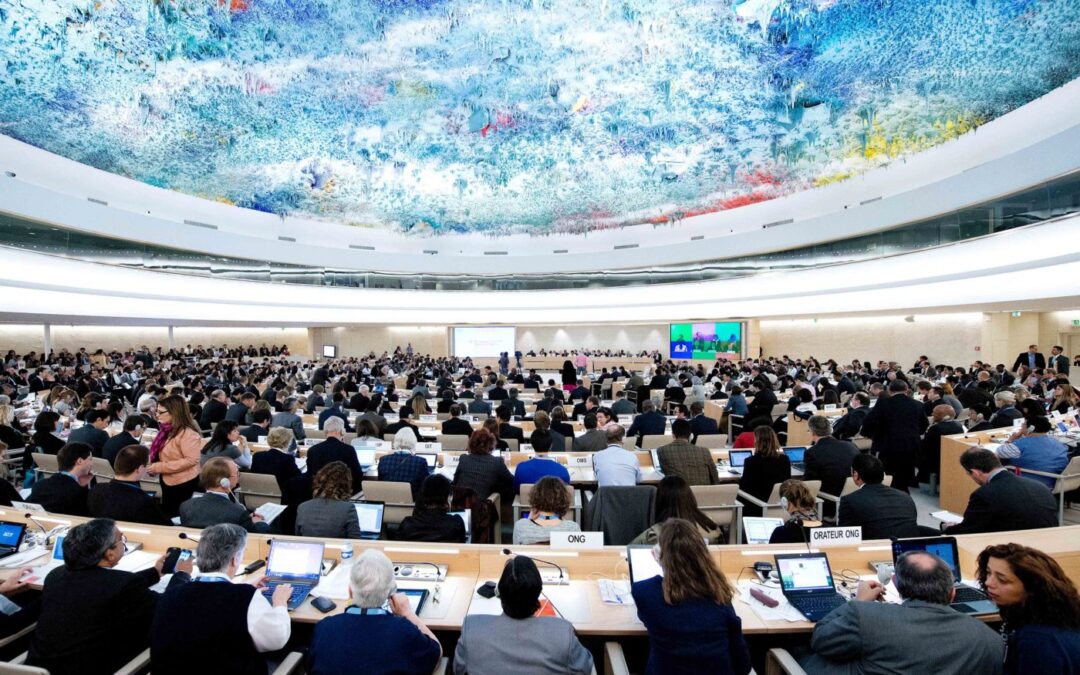
Israel/Palestine: illegal settlements further annexation of the West Bank and apartheid system in the Occupied Palestinian Territory
The ICJ today called on the UN Human Rights Council to mobilize to ensure accountability for war crimes and human rights violations committed as a result of Israel’s annexation of the West Bank and its apartheid system in the OPT.
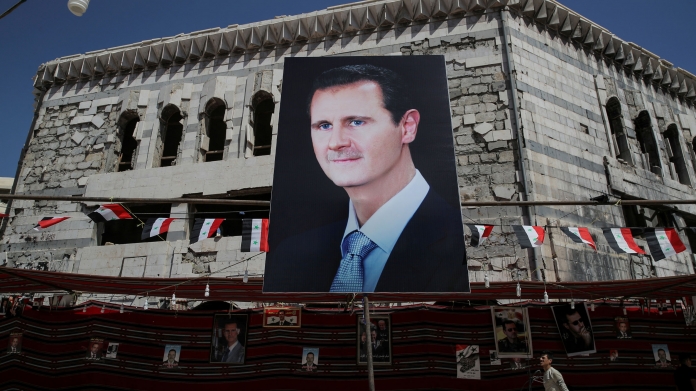
Syria: Landmark decision in the fight against impunity
The verdict of the Higher Regional Court in Koblenz, Germany, convicting a former Syrian official of crimes against humanity, is a significant breakthrough in the fight against impunity for the crimes committed in Syria over the last 10 years, the ICJ said today.
“For the first time since the beginning of the Syrian regime’s bloody, rampant and relentless repression, a Syrian official has finally been held to account for his participation in the regime’s crimes,” said Said Benarbia, Director of the ICJ’s MENA Programme. “While this may seem a small token for victims, it is a resounding warning for other Syrian officials that justice may soon catch up with them.”
On 24 February 2021, Eyad A. was found guilty of aiding and abetting crimes against humanity, including torture and arbitrary deprivation of liberty, and sentenced to four and a half years in prison. Among other things, his conviction is related to the detention of at least 30 Syrians after anti-government demonstrations erupted in March 2011.
“This is an important step in the fight for justice for victims and survivors of gross human rights violations in Syria,” said Bernabia.
Eyad A. was prosecuted together with Anwar R., the former director of investigations at Branch 251 — a Syrian intelligence branch in Damascus notorious for subjecting detainees to systematic torture and other ill-treatment.
Anwar R. was charged with supervising the systematic torture of over 4,000 people, which resulted in the death of 58 people between 2011 and his defection in 2012. His trial is still ongoing.
The proceedings against Eyad A. and Anwar R. were conducted under the principle of universal jurisdiction, which allows Germany and other States to prosecute an accused person for serious crimes under international law, even when such crimes have been committed abroad and neither the victims, nor the accused are nationals of that country.
“States must act individually and collectively to fill the accountability gap in Syria,” added Benarbia. “They must support United Nations accountability mechanisms, including the IIIM, and seek out, prosecute and punish those responsible for the atrocities committed in the country.”
Contact
Said Benarbia, Director, ICJ Middle East and North Africa Programme, t: +41-22-979-3817; e: said.benarbia(a)icj.org
Asser Khattab, Research and Communications Officer, ICJ Middle East and North Africa Programme, e: asser.khattab(a)icj.org
Download
Syria-Impunity-Statement-2021-ENG (in English)
Syria-Impunity-Statement-2021-ARA (in Arabic)




